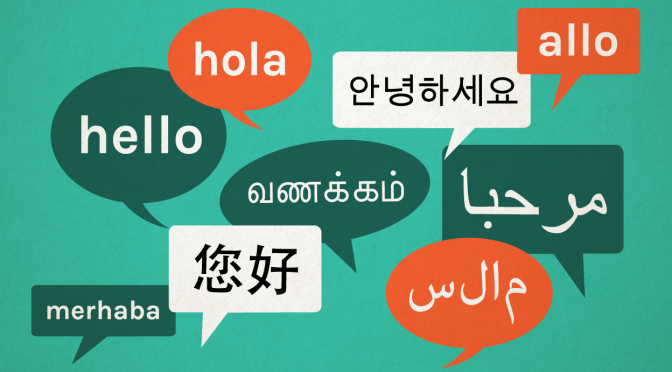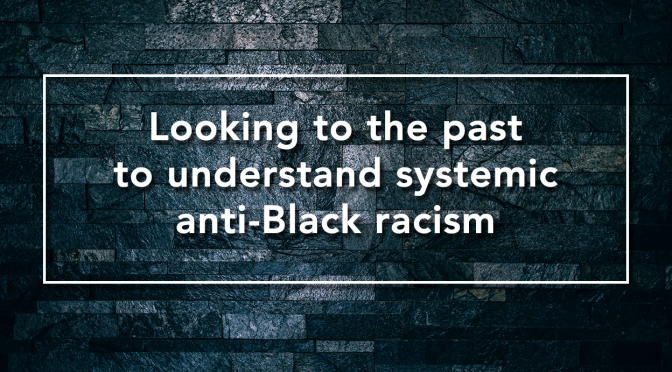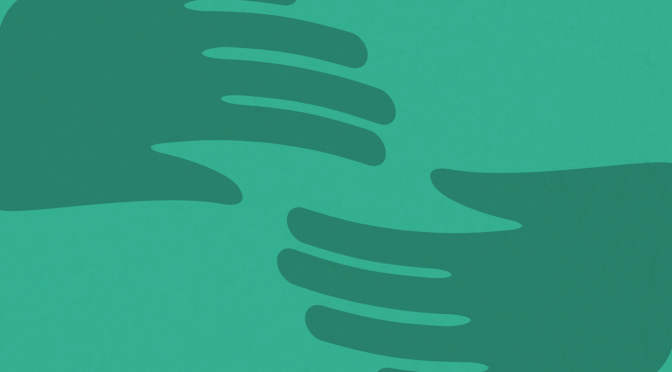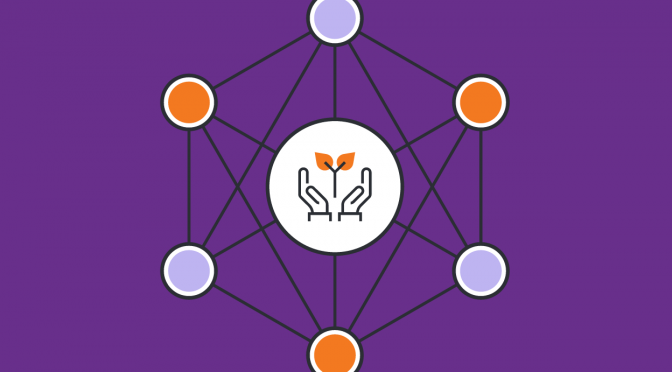“We have to understand the history of Black people in this country to fully understand the systemic barriers preventing them from fully participating in Canadian society,” says lawyer and human and civil rights expert, Anthony Morgan. “Without that, some people may be inclined to think of Black Canadians as dysfunctional or unable to ‘get it together’.”
Anti‑Black racism’s deep roots
Anthony, who has dedicated much of his career on anti‑racist human rights litigation, says the belief that Blacks in Canada may be dysfunctional is deeply rooted in Black Canadian history and the experience of enslavement and colonization. He says that Canada’s enduring narrative of racial utopianism is a myth and that Canadians like to believe that none of the racial tension that exists in the United States exists here. These beliefs, which have existed since the time of colonization, have helped to normalize anti‑Black racism within mainstream society.
“It gets to a point where folks here feel like there’s no reason to complain and that Black people in Canada are all treated fairly,” says Anthony. “And when you’re confronted with data about elevated rates of violence within Black communities, poverty and unemployment, poor educational outcomes or increased mental health or child welfare apprehensions, it’s easy to blame Black people and communities.”
Systemic racism’s impact on the justice system
This type of data was exactly what Kim Roach, the lead for LAO’s Racialized Communities Strategy, looked at when it came to making a case for why LAO needed such a strategy.
“For many members of racialized communities—the Black community in particular—systemic racism impacts all aspects of life from parenting, education, employment and health,” Kim explains. “This in turn makes them more likely to come into contact with the justice system.”
“That’s why it’s important to develop a responsible, contextual, fact‑based understanding of the past to understand the present experience of Black people in Canada within its context of historical and ongoing anti‑Black racism” Anthony finishes. “Stereotypes, prejudices, and racism towards people of African descent didn’t just disappear when slavery ended and that type of thinking continues to infect and affect our social institutions, labour markets, media, and our policies and practices.
Kim agrees, adding that Black children, for example, are more likely to be suspended or expelled from schools for issues that white students would not—and that this increases the likelihood that Black children will be more vulnerable to becoming involved with the criminal justice system. It’s one of the reasons LAO funded TAIBU Health Centre in partnership with Rexdale Health Centre to help Black youth stay in school.
For those who are already involved in the justice system, though, LAO has funded cultural assessment reports in a precedent‑setting case.
“These reports allow the defence to present a full picture of the accused,” Kim says. “They present the accused person’s history and how systemic racism may have factored into his or her actions.”
Raising awareness
Cultural assessment reports are a start.
Anthony thinks that when people start to talk about Black history and are provided with training about lived experience, it creates a greater awareness and understanding of how to adjust our own personal practices and how to rethink policy and procedures.
“When we look at the socio‑systemic stats of Black marginalization, we have to see as the influence of slavery’s afterlife. (Slavery) may be gone but its legacy lives on through policing, child welfare services, and education systems.”
Kim uses the issues with the bail system to illustrate Anthony’s point.
“At LAO, our research has shown that when we look at who gets bail and who doesn’t, there’s a split along racial lines. Black people are less likely to get bail than white people accused with similar history and charges,” she says. “And if a Black person is granted bail, the conditions are often more numerous and onerous than their white counterparts. This is another issue LAO is trying to address through a bail pilot which ensures the ladder principle is followed.”
Selected case law that looks at anti‑Black racism
For lawyers with Black clients, Anthony feels education is key.
“There are too many folks who interact with Black clients or families of Black clients who are lacking in knowledge of major cases that have impacted Black communities,” Anthony says.
He points to case law where the courts have offered “very robust, sophisticated defensible definitions of what anti‑Black racism looks like.”
“For any attorney to be successful, look at the case law where judges have articulated what anti‑Black racism is and how it operates in Canadian society,” Morgan advises. “It will go a long way towards providing appropriate context for practitioners.”
More information





